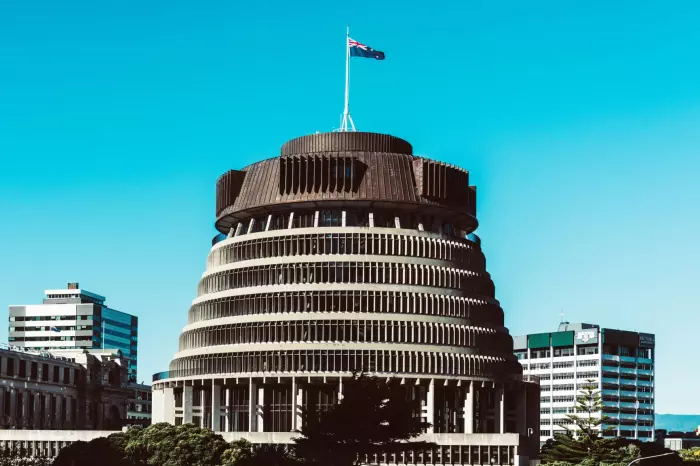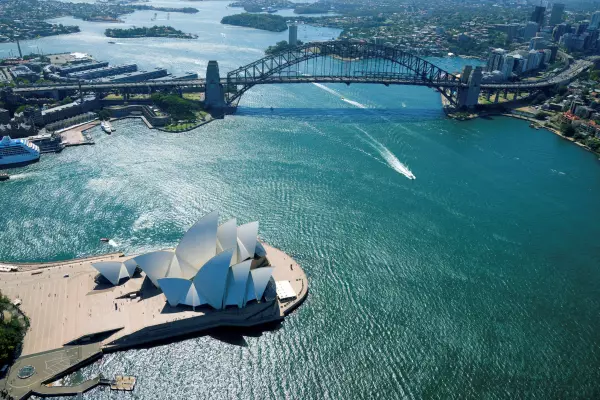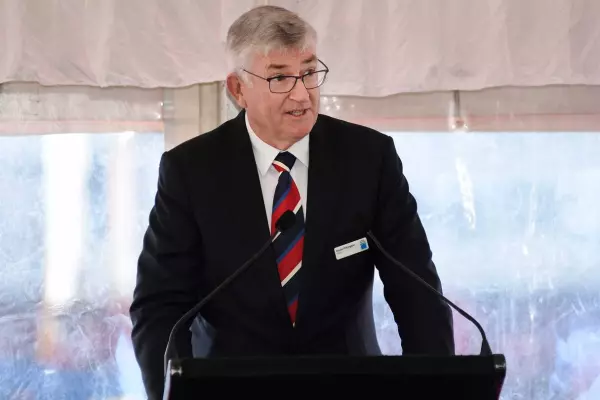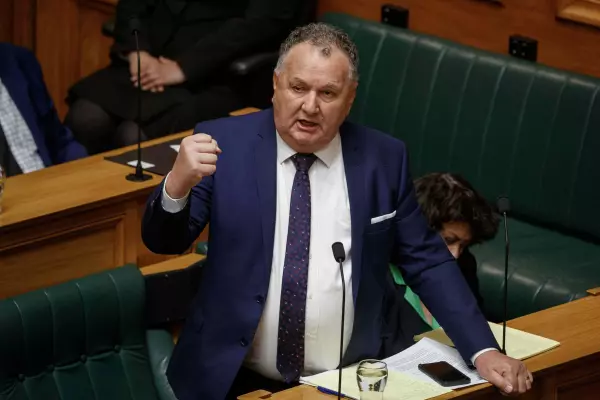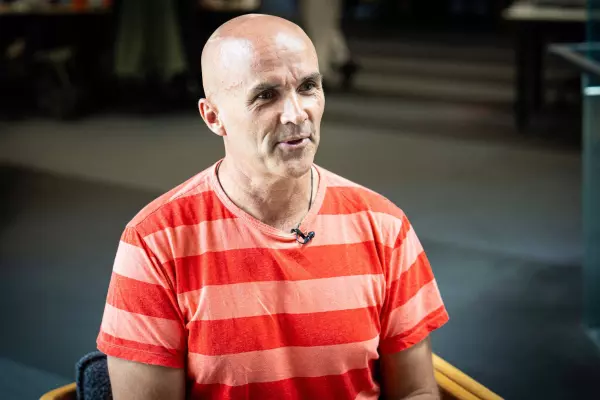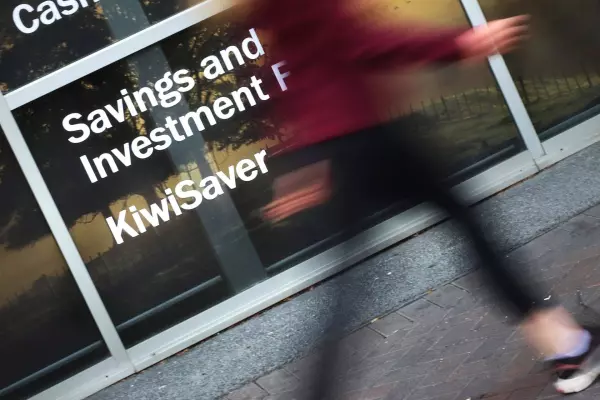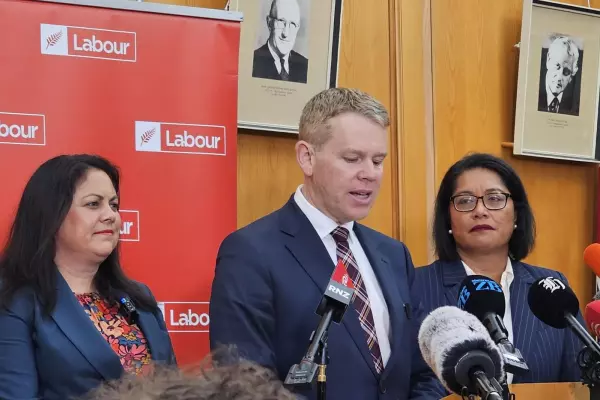I’m surprised the AustralianSuper bid for Infratil has got as far as it has.
The $5.37 billion cash and share offer came out of the blue this month, although apparently Australia’s biggest pension fund manager has been eyeing the largely renewable infrastructure portfolio for a wee while.
Setting aside the nonsense that the A$200 billion super fund across the Tasman thought it could monster Infratil’s board into opening their books to a rival buyer for various infrastructure assets, I struggle to see how the gambit passed muster with AustralianSuper’s Kiwi advisers.
They obviously got advice on New Zealand’s foreign investment rules, recognising electricity generation – especially of the renewable type – are slightly touchy subjects on this side of the Tasman, especially under this Labour government.
But how they thought nothing of the half-stake in Vodafone NZ and the controlling share of Wellington International Airport beggars belief.
Associate Finance Minister David Parker has been leading the charge on introducing a national interest test – modelled on Australia’s – to our Overseas Investment Act for several years.
There were a couple of rounds of consultation that were to have resulted in legislation.
Covid put the measures on the fast-track to ensure the government could block foreign buyers from asset stripping NZ in the event of covid-induced fire sales.
Only when needed
As Parker said in the bill’s third reading, it’s a tool with wide discretion to be rarely used, and only where the minister responsible for the act thinks it’s necessary.
The law itself name-checks telcos, power companies and airports as the types of strategically important businesses that cross the threshold of getting bumped up to the minister.
A canny buyer might think showing a willingness to divest those sensitive parts of the portfolio would go down well with a regulator. AustralianSuper must have that in mind in offering to let Infratil shareholders keep their stakes in Trustpower – and built that into the $7.43 per share headline price
But that’s not the only type of strategically important business the legislation covers. It also captures businesses involved in or owning high-risk critical national infrastructure.
Infratil ticks multiple boxes. But even if it didn’t, the law provides a ministerial catch-all if “any other overseas investment transaction for which an application has been made could be contrary to New Zealand’s national interest”. So it’s hard to see this deal not getting bumped up to the Beehive.
What’s more, the law also defines financial institutions as strategically important businesses, so cutting out a big chunk from HRL Morrison & Co’s management fees – plus its preferred vehicle for doing deals on public markets – is certainly something a well-briefed minister would want to consider.
This is where the local advice to the Aussies really seems to fall short.
What’s your number?
It’s highly plausible AustralianSuper could offer a big enough pile of cash to Infratil’s shareholders that the board countenances a scheme of arrangement – there’s always a price where fiduciary duty kicks in.
However, are there really Wellington insiders who can concoct a scenario where Finance Minister Grant Robertson and his associates David Parker and Megan Woods, and Land Information Minister Damien O’Connor would give the Australians the green light?
Sure, Vodafone came to NZ as the venture of a multinational a couple of decades ago, but with the growing importance of connectivity and the exponential growth in data use, would it really be in the nation’s interests to let AustralianSuper dictate the level and pace of that investment?
Is it feasible that getting a runway extension is enough to convince Parker – who with Clayton Cosgrove rejected the Canadian Pension Plan Investment Board’s partial takeover of Auckland Airport in 2008 – that NZ would be better served by having the capital’s airport owned by the Aussies?
And did no one think that removing one of the New Zealand Superannuation Fund’s most-used co-investors – think Z Energy, Longroad Energy, RetireAustralia, and Metlifecare – could be considered detrimental to NZ’s national interest?
Or that the balance of payments is so passe as to ignore the obvious hit to NZ’s current account by removing the mostly astute international investments Infratil has made under the management of Morrison & Co?
The deal simply appears to be opportunistic and poorly conceived.
The notional premium of 28 percent seems light.
Not only has Infratil delivered annual total shareholder returns of about 18 percent since it was formed in 1994, but in a world of near-zero interest rates and a hunger for reliable cash-generators in infrastructure, we’ve already seen yield plays – including Infratil – trading at all-time highs.
And given how hostile AustralianSuper has been – lobbying institutional investors after its initial knockback from the board – one wonders why it didn’t just mount a takeover bid on market if it was serious about forcing Infratil’s hand.
Sure, that’s not how big takeovers are done these days with buyers preferring a cosy deal over the boardroom table rather than under the public gaze of the stock market, but at least there would be greater transparency for Infratil's 18,000 or so shareholders.
And the Aussies would get a steer on whether there was much interest in their offer – national interest or otherwise.


